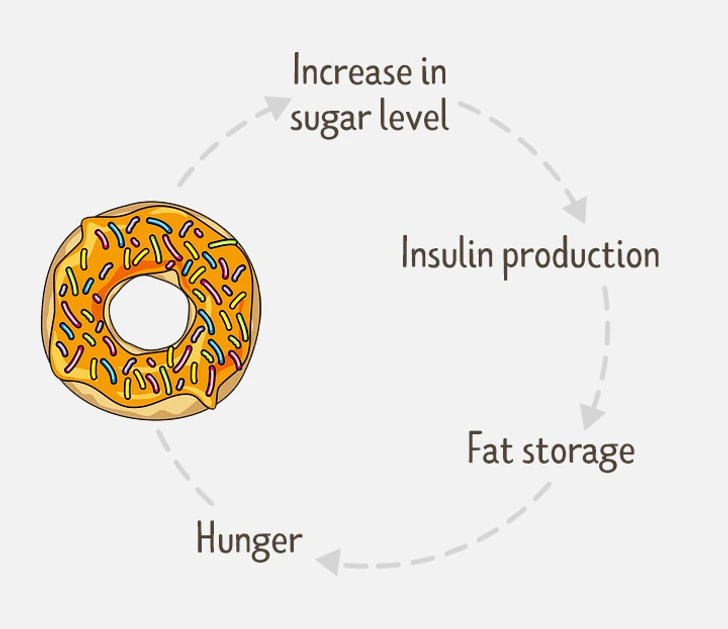When trying to lose weight, it’s more effective to rely on scientific evidence rather than popular diet trends. A major study led by Israeli scientists has revealed that there are no one-size-fits-all principles for healthy eating. In fact, for some individuals, tomatoes may have a more significant impact on blood sugar levels than ice cream. The research team at the Weizmann Institute of Science, including Eran Elinav and Eran Segal, analyzed data from about 800 volunteers aged 18 to 70. Participants used a specialized app to track their lifestyle, and each wore a glucose monitor to continuously measure blood sugar levels. The results were surprising and have sparked considerable interest.
Here are some key insights from the study that can help you manage your weight and health more effectively:
1. Individual Responses to Food Vary:
People’s bodies react differently to the same foods. For instance, sushi can cause a blood sugar spike similar to that from eating ice cream, and watermelon may raise blood sugar levels more than chocolate. One participant found that her difficulty losing weight was due to a high sugar response to tomatoes.

Several factors contribute to these individual differences:
– Microbiome: The unique community of microbes in each person’s digestive system affects how their body processes food.
– Physical Activity: Active individuals often have more efficient glucose metabolism compared to those with sedentary lifestyles.
– Stress: Stress can increase blood sugar levels through the release of adrenaline and cortisol.
2. High Glucose Levels Affect Weight and Hunger:
Consuming foods that cause rapid increases in blood sugar leads to higher insulin production. This results in glucose being stored as glycogen and fat, which can then trigger hunger and further eating. This cycle can contribute to weight gain.

Common signs of elevated blood sugar include:
– Frequent hunger
– Excessive thirst
– Dry mouth
– Fatigue
– Frequent urination
– Digestive issues
– Slow wound healing
3. Impact on Long-Term Health:
Consistently high glucose levels are linked to the development of diabetes and cardiovascular diseases. The World Health Organization highlights the growing epidemic of diabetes and related health conditions. Tailoring dietary choices to your personal glucose response can be more effective than generalized dietary guidelines.

To manage your diet effectively:
– Choose foods that do not cause rapid blood sugar spikes.
– Use a glucose meter to monitor your levels before and after eating to understand how different foods affect you.
– Control portion sizes to avoid excessive glucose intake.
– Stay hydrated to help manage blood sugar levels.
– Experiment with carbohydrate sources, such as substituting raisins for sugar or using beans instead of pasta and rice.
– Avoid artificial sweeteners, which can cause spikes in blood sugar for many people.
– Include whole-fat dairy products and other healthy fats, as they can help regulate blood sugar levels.
– Consult a nutritionist for personalized advice based on your specific needs.
The researchers at the Weizmann Institute continue to explore these findings and are recruiting new participants in Israel. Understanding how your body responds to different foods can be a key strategy in managing your weight and overall health.
What dietary principles do you follow? Share your thoughts in the comments below!


